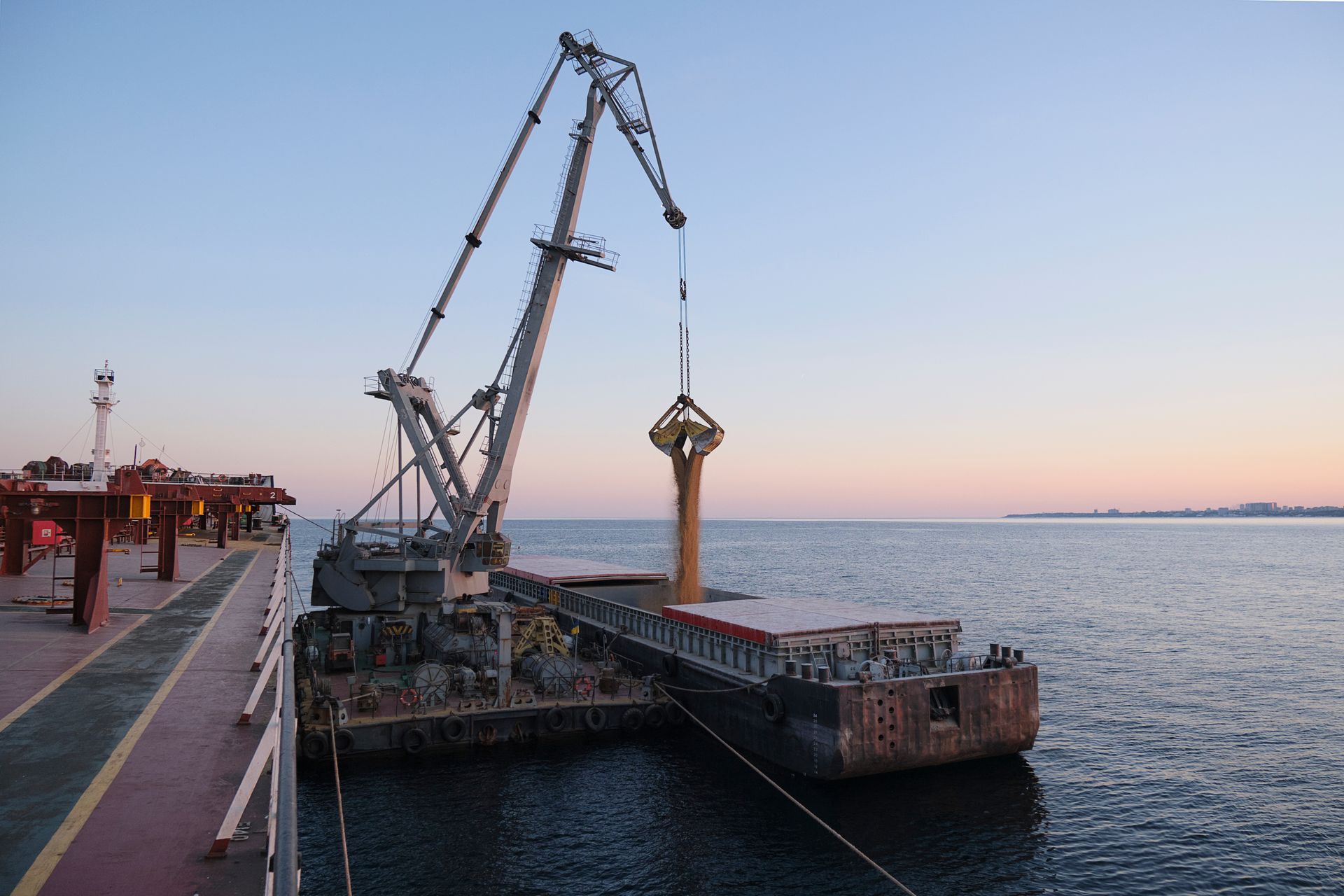Protecting American Beef: Farmers Push Back on Argentine Import Plan
A Proposed Plan to Import More Beef From Argentina Could Harm American Ranchers and Rural Communities
U.S. cattle farmers are pushing back against a new plan to import more beef from Argentina, warning it threatens American livelihoods while doing little to help consumers. President Donald Trump recently announced plans to purchase beef from Argentina to lower beef prices, despite economists suggesting that increased imports from Argentina—about 2% of total U.S. beef imports—were unlikely to reduce U.S. beef prices.
Although beef prices have increased, consumer demand remains strong as U.S. cattle farmers continue their commitment to improve the quality and safety of U.S. beef. Cattle farmers are urging President Trump not to influence beef prices and allow the free market to work, as opposed to intervening in ways that harm rural America.
"The President has suggested purchasing foreign beef to help lower costs, meanwhile he is placing tariffs on other foreign imports to bolster U.S. production of goods and services in non-agriculture sectors. It is a double standard with harmful implications for our state's farmers," said IBA Executive Vice President Josh St. Peters. "Furthermore, the risk of a foot and mouth disease outbreak as a result of importing beef from a foreign hotspot harbors dangerous implications for all American livestock producers."
This plan would negatively impact the beef market and harm American family farmers and ranchers. IL Corn urges you to contact your members of Congress, speak up for U.S. cattle farmers, and push back on this harmful proposal.
Here’s what other U.S. farmers and ranchers have to say:
“Family farmers and ranchers have numerous concerns with importing more Argentinian beef to lower prices for consumers. This plan only creates chaos at a critical time of the year for American cattle producers, while doing nothing to lower grocery store prices,” said NCBA CEO Colin Woodall. “Additionally, Argentina has a deeply unbalanced trade relationship with the U.S. In the past five years Argentina has sold more than $801 million of beef into the U.S. market. By comparison, the U.S. has sold just over $7 million worth of American beef to Argentina. Argentina also has a history of foot-and-mouth disease, which if brought to the United States, could decimate our domestic livestock production.”
“We urge the administration to carefully consider the damage importing more beef and cattle from other countries will have as cattle farmers decide whether to invest in rebuilding America's herds. Just the mention of beef imports created more instability and uncertainty for America’s farmers. Flooding markets with foreign-grown beef could affect our nation’s ability to be food independent in the long-term. We look forward to learning more about the president’s plan, and we stand ready to work with him to ensure farmers and ranchers can survive this economic storm,” said American Farm Bureau Federation President Zippy Duvall.







